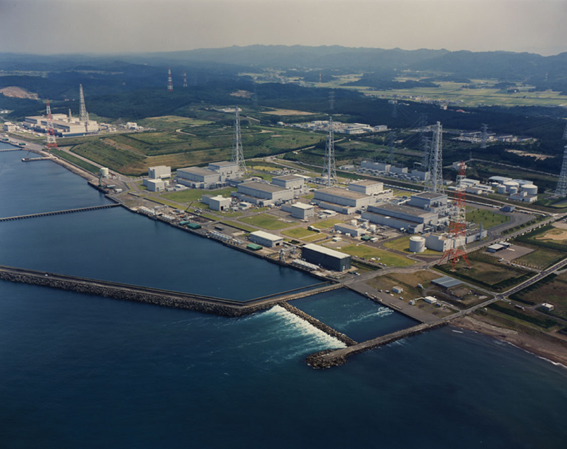A second reactor has resumed commercial operation at Tokyo Electric Power Co's (Tepco's) Kashiwazaki Kariwa nuclear power plant. All seven units at the plant were shut down following a powerful earthquake in July 2007.
 |
| Two of the seven units at Kashiwazaki Kariwa have now been returned to service (Image: Tepco) |
However, a fault in the reactor's control rod position indicator led to an unplanned maintenance shutdown that ended in early January. Unit 6 has since been continuously generating electricity since 8 January.
The reactor was officially returned to commercial operation today after Japan's Ministry of Economy, Trade and Industry (Meti) gave its final approval.
Unit 6 joins its identical neighbour, unit 7, in operation while Tepco continues to work on the other five reactors at the plant. Unit 7 was restarted in early May 2009 and resumed commercial operation on 28 December.
Tepco has not indicated when it expects the remaining five units - all 1067 MWe boiling water reactors - to resume operation.
At the time the Niigata-Chuetsu offshore earthquake struck, three of the reactors were already shut down for maintenance while the three in operation shut down automatically - as did one that was in the process of starting up. All of them remained in a safe state throughout the 6.8 magnitude earthquake, but there was widespread minor damage which necessitated absolutely exhaustive checks and many repairs. Some mildly radioactive cooling water was shaken from pools, many barrels of low-level waste were knocked over and an external transformer failed and caught fire. The site grounds also suffered with widespread soil liquefaction and structural damage to office buildings.
Earthquake regulations were strengthened and simplified in subsequent months. The strength of the earthquake had come as a surprise to seismologists.
Researched and written
by World Nuclear News





_13505.jpg)
_87975.jpg)
_67826.jpg)






